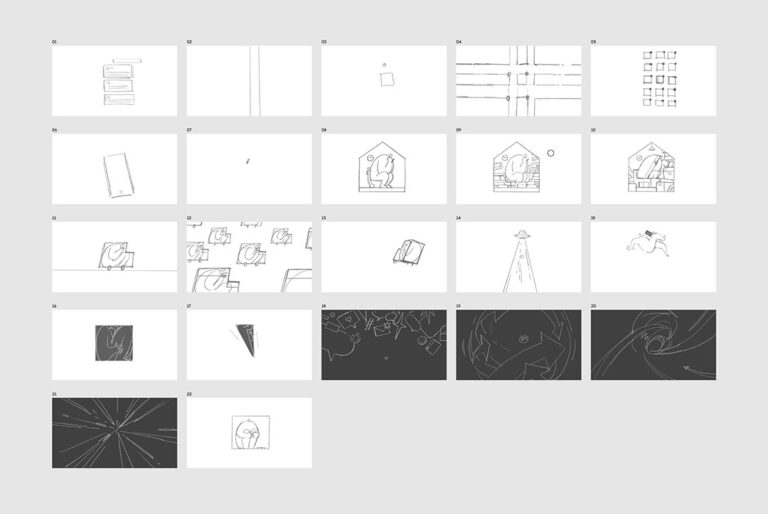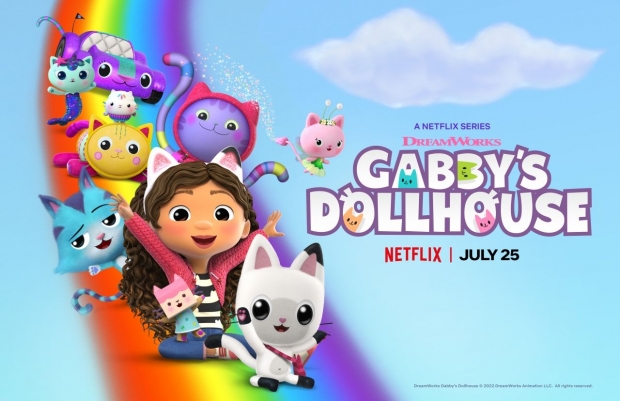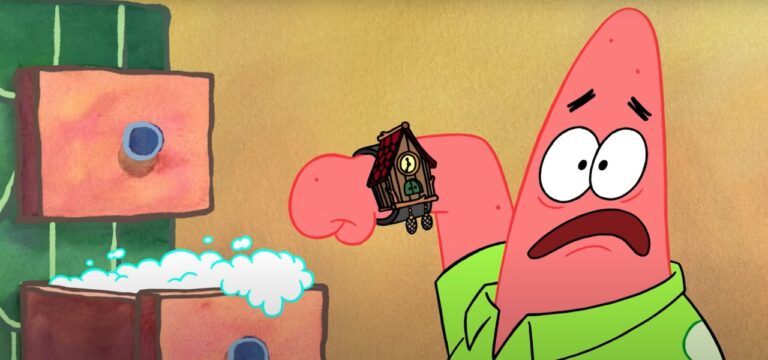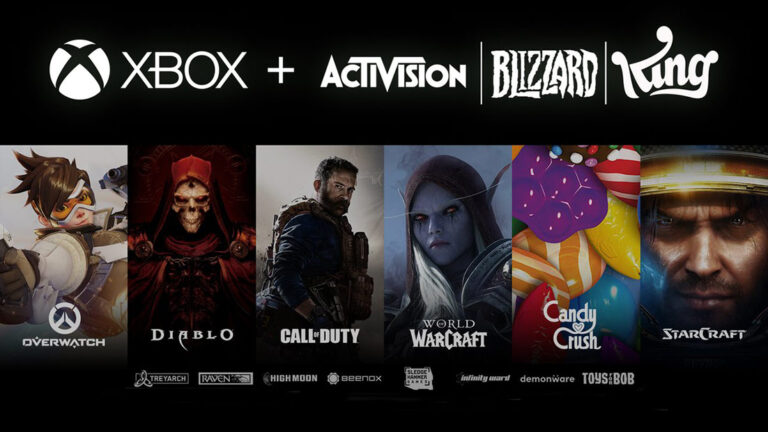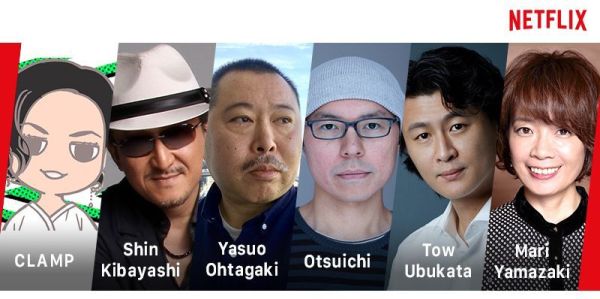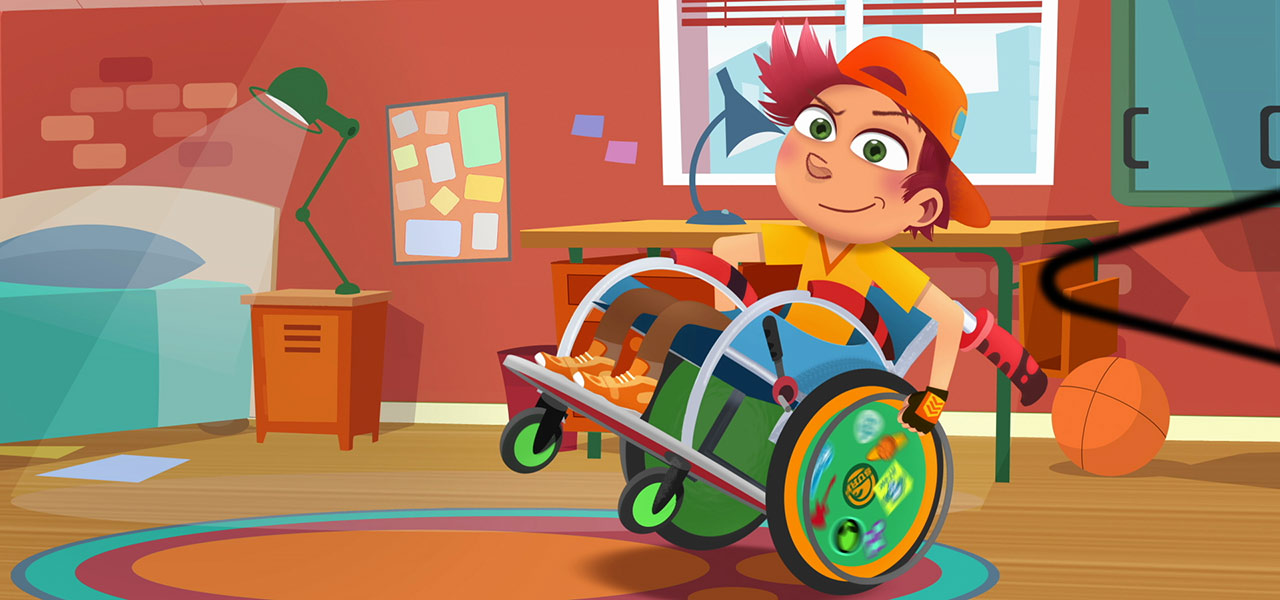
More than 120 people participated in the survey, and the data paints a “rather bleak picture” of accessibility in animation, with disabled animators reporting more problems than their non-disabled colleagues.
Working in the animation industry is difficult for disabled talent.
- The majority (56%) of the disabled people disagree that the animation sector is a good industry for disabled people to work in; 30% of the non-disabled respondents disagreed.
- 60% of the disabled respondents think that disability cannot be openly discussed within the sector. The same figure is lower (46%) for the non-disabled sample.
- More than half of the sample (54%) disagrees that recruitment processes in the sector encourage applications from disabled people. Disabled respondents are more likely to have stronger feelings on this, with just under half (43%) reporting that they strongly disagree compared with a quarter (27%) of the total sample.
- Nearly three-quarters (74%) of disabled respondents think that the sector discriminates against disabled people, this compares with just over half (52%) of the non-disabled respondents.
That’s the big takeaway from the new British study “Accessibility in Animation,” conducted by Screenskills, in partnership with Manchester Animation Festival and the Visible in Visuals network.
Here are some key findings:
Image at top: “Will,” a French animated series with a lead character who has a disability.
The report does provide a path forward. It highlights six actions that can be taken to improve the situation, including monitoring and investigating disability; training; encouraging, and supporting disability disclosure; guidance on flexible and tailored career development pathways; and scrutinizing work practices, starting with the recruitment process.

